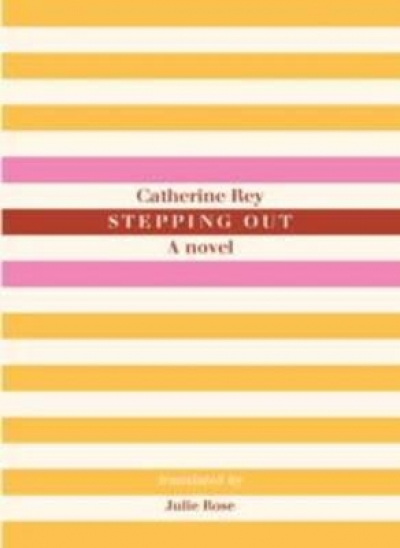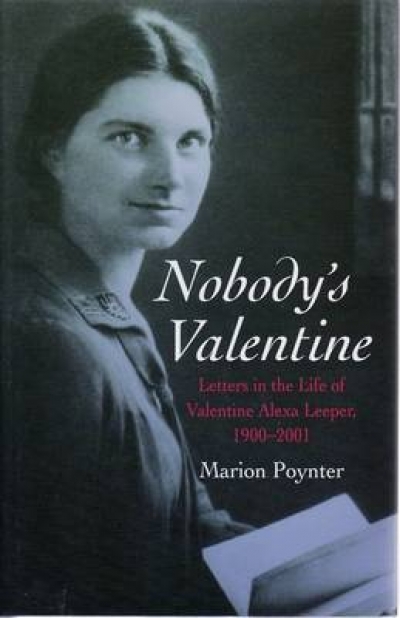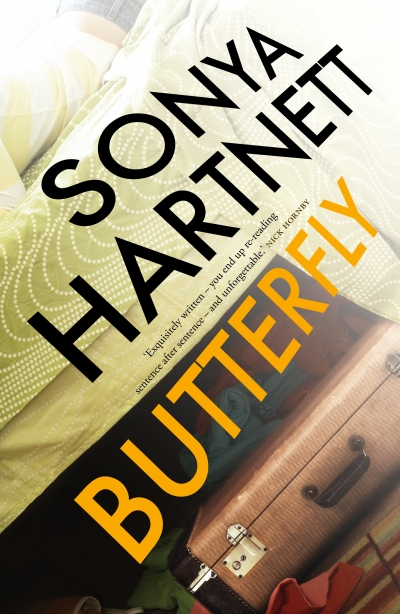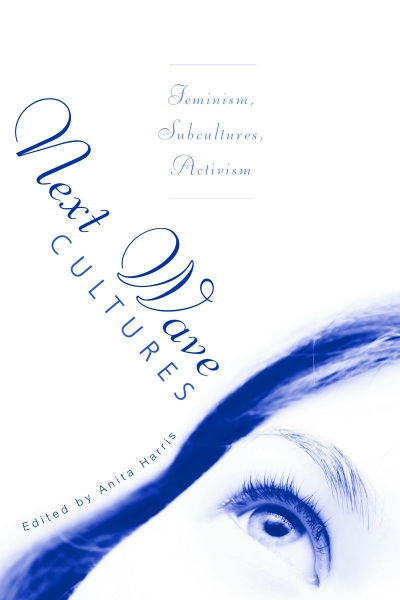Archive
Film | Theatre | Art | Opera | Music | Television | Festivals
Welcome to ABR Arts, home to some of Australia's best arts journalism. We review film, theatre, opera, music, television, art exhibitions – and more. To read ABR Arts articles in full, subscribe to ABR or take out an ABR Arts subscription. Both packages give full access to our arts reviews the moment they are published online and to our extensive arts archive.
Meanwhile, the ABR Arts e-newsletter, published every second Tuesday, will keep you up-to-date as to our recent arts reviews.
Recent reviews
Stepping Out: A novel by Catherine Ray, translated by Julie Rose
by Denise O'Dea •
Nobody’s Valentine: Letters in the life of Valentine Alexa Leeper 1900–2001 by Marion Poynter
by John Rickard •
Encounters with Australian Modern Art by Christopher Heathcote, Patrick McCaughey and Sarah Thomas
by Daniel Thomas •
Wave Cultures: Feminism, subcultures, activism edited by Anita Harris
by Kate Goldsworthy •
Father Of The House: The memoirs of Kim E. Beazley by Kim E. Beazley
by Geoff Gallop •










